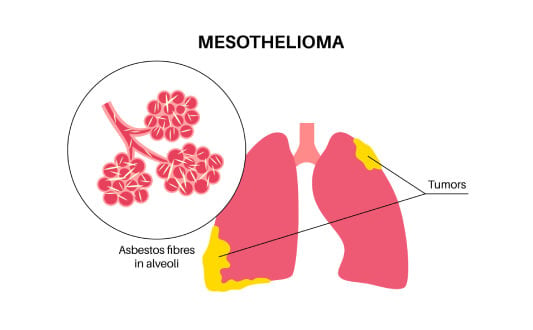Medical Blog About Treatment Abroad
Welcome to our medical blog – it is dedicated to empowering patients with knowledge about global healthcare! We created this platform with the intention to bridge the gap between patients and the medical innovations available globally.
What's Inside: Discover new and rare methods in oncology, immunology, heart surgery, neurosurgery, and other medical fields! Our health travel insights show how medical journeys open new possibilities with advanced treatments unavailable locally, including specialized cancer care abroad.
Who Benefits: This resource is for patients and their families who seek new treatment methods and explore options at leading international hospitals. Those who want to make informed healthcare decisions beyond borders.
Why Read: Booking Health experts provide verified information through patient-friendly articles – they translate complex medical advances into accessible info. Stay current with the latest developments in global healthcare and discover how international medicine can transform treatment outcomes!
Browse our latest articles and take the first step toward better health outcomes!
Latest posts - page 2
 Best Hospitals for Cancer in the World: Full Ranking 2026
Best Hospitals for Cancer in the World: Full Ranking 2026
Cancer is a complex, multi-level treatment pathway where every decision counts. The choice of clinic directly affects the accuracy of diagnosis, cancer care, access to modern treatment methods, a multidisciplinary approach and, ultimately, the prognosis and quality of life of the patient. Patients from all over the world choose international...
 Top 10 Leading Oncology Hospitals for Cancer Treatment in Germany: A 2026 Guide
Top 10 Leading Oncology Hospitals for Cancer Treatment in Germany: A 2026 Guide
Oncology remains one of the most rapidly advancing - and inherently complex - fields of modern medicine, where the latest cutting-edge research and clinical innovations consistently reshape patient outcomes. Germany has emerged as a global benchmark in this regard, offering medical tourists access to world-class cancer care and...
 Complete Guide to Pleural Mesothelioma Treatment Options
Complete Guide to Pleural Mesothelioma Treatment Options
Pleural mesothelioma (PMe), also known as malignant pleural mesothelioma (MPM), is a rare and aggressive type of cancer that affects the pleura, which is a thin layer of tissue that creates lining of the lungs. Mesothelioma is mostly caused by inhaling asbestos fibres, a mineral that is used in building materials. Over time, asbestos damages...
 Best 10 Hospitals in the World 2026: Rating by Booking Health
Best 10 Hospitals in the World 2026: Rating by Booking Health
Choosing the right hospital when facing a tough diagnosis is one of the most important decisions a patient can make. This will influence your treatment success, personal comfort, and safety. Because you put on the line the most valuable thing you have–your health and well-being. You should always consider the number of patients that are...
 Gum Cancer Treatment: Guideline for Treatment Options
Gum Cancer Treatment: Guideline for Treatment Options
Gingival cancer is a rare type of malignancy that develops from the tissue surrounding the teeth in the oral cavity. It is also called gingival squamous cell carcinoma (GSCC) from the squamous cells that line the mouth. Squamous cell gingival carcinoma accounts for about 10% of all oral cancers and is more common in white men after the age...
 Modern Treatments for Salivary Gland Cancer: A Complete Guide for Patients 2026
Modern Treatments for Salivary Gland Cancer: A Complete Guide for Patients 2026
Malignant salivary gland neoplasms account for 0.5 to 1.2% of all cancers and 5% of head and neck cancers. They are more likely to affect women with a male-female ratio of 1 to 1.5. Malignant lesions are found in approximately 21.7% of all salivary gland neoplasms. Most malignancies of head and neck cancers occur in the major salivary glands...
 Comprehensive Guide to Oral Cancer Treatment
Comprehensive Guide to Oral Cancer Treatment
Mouth cancer (oral cancer) is a term that describes malignant tumours that grow inside your mouth. Oral cancer symptoms can look like a simple, painless, benign red or white patches (leukoplakia or erythroplakia), sores or small ulcers on your lips, buccal mucosa, gums or tongue, but they are persistent and can progress into pain, numbness...
 Comprehensive Guide to Tongue Cancer Treatment
Comprehensive Guide to Tongue Cancer Treatment
Oropharyngeal cancer, specifically cancer of the base of the tongue, is a distinct clinical form of cancer on the tongue that differs in anatomical location, biological characteristics, and treatment approaches. The tongue, along with the lip and the floor of the mouth, is one of the most frequently affected subsections within the oral cavity.

